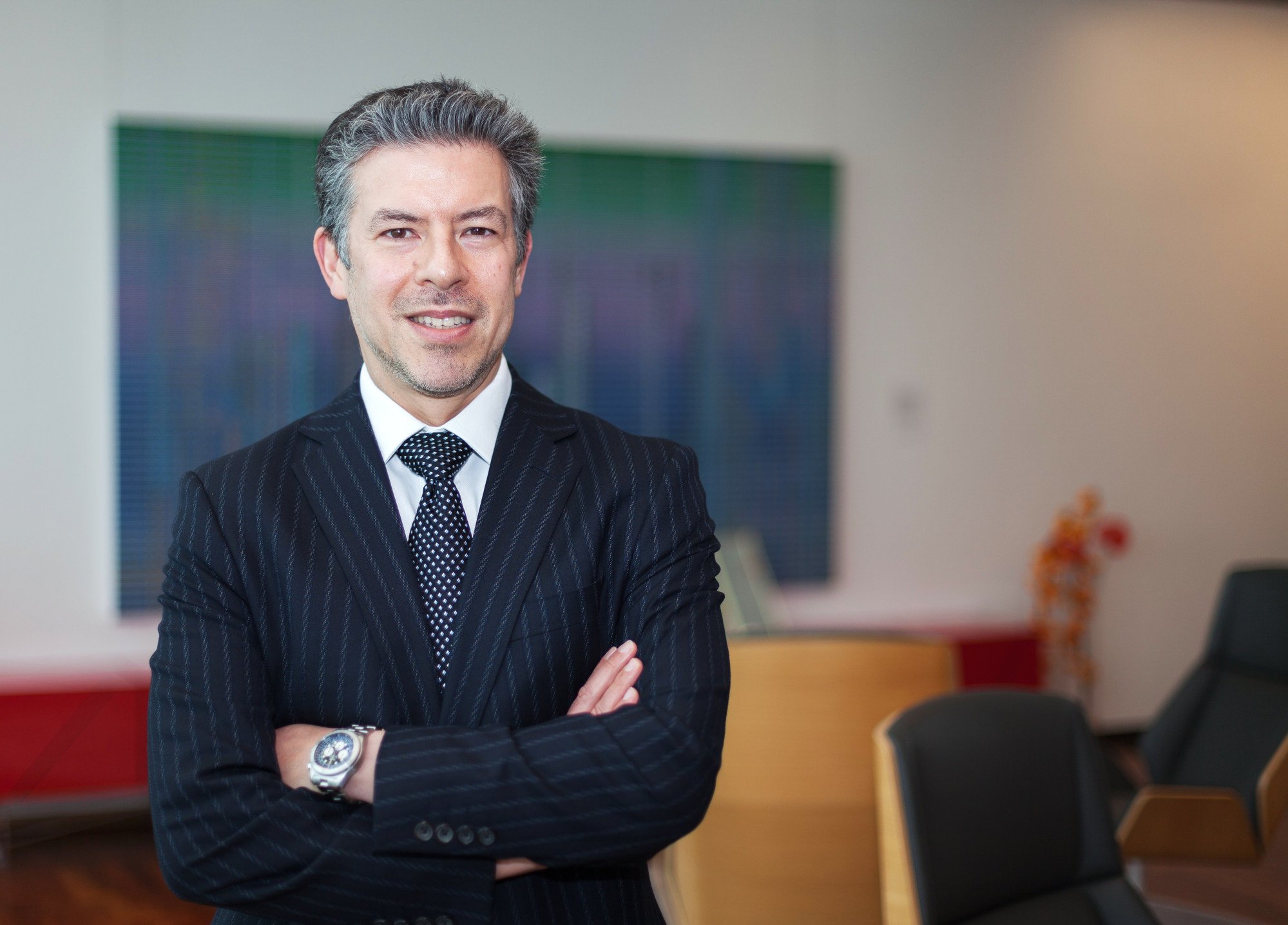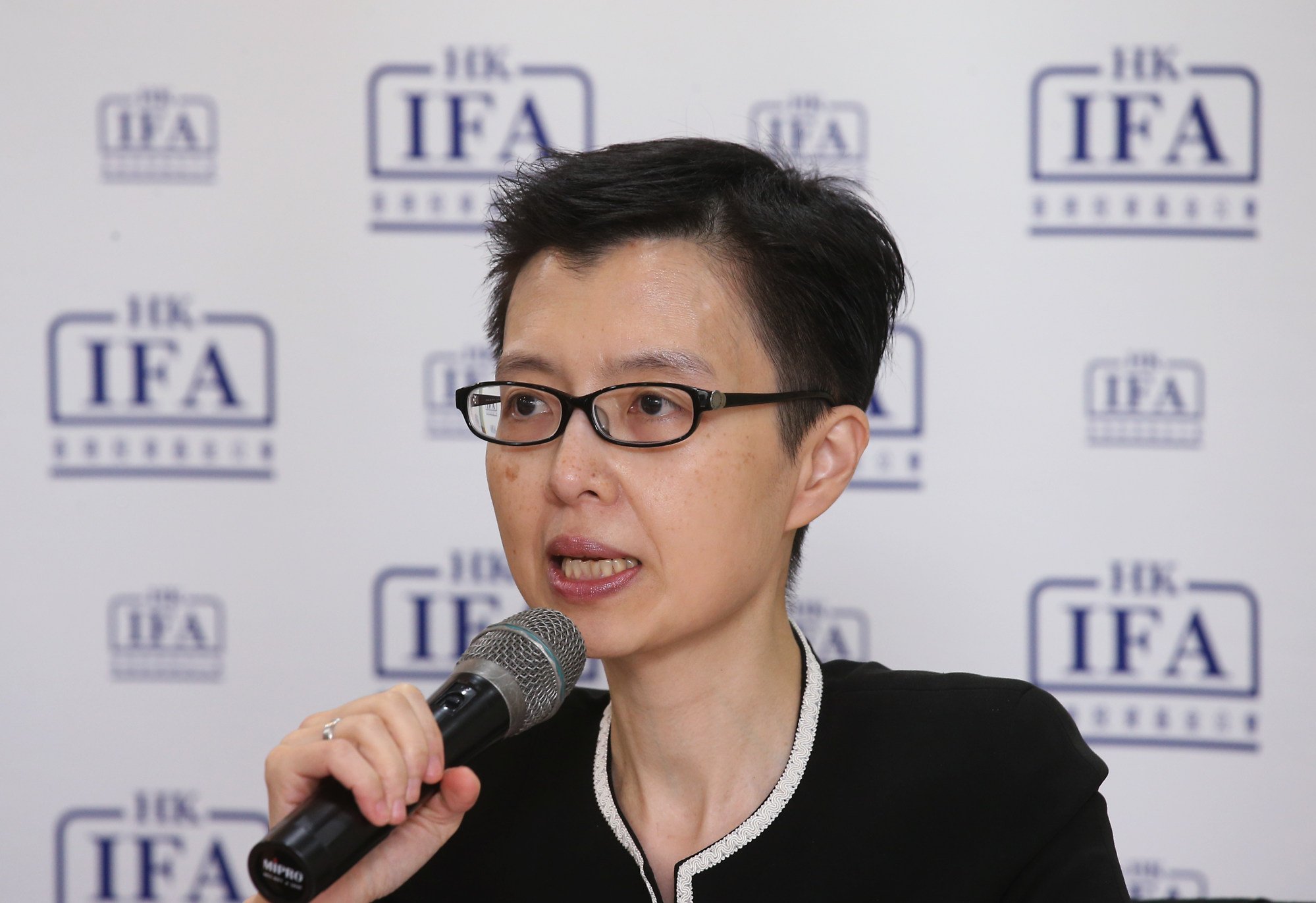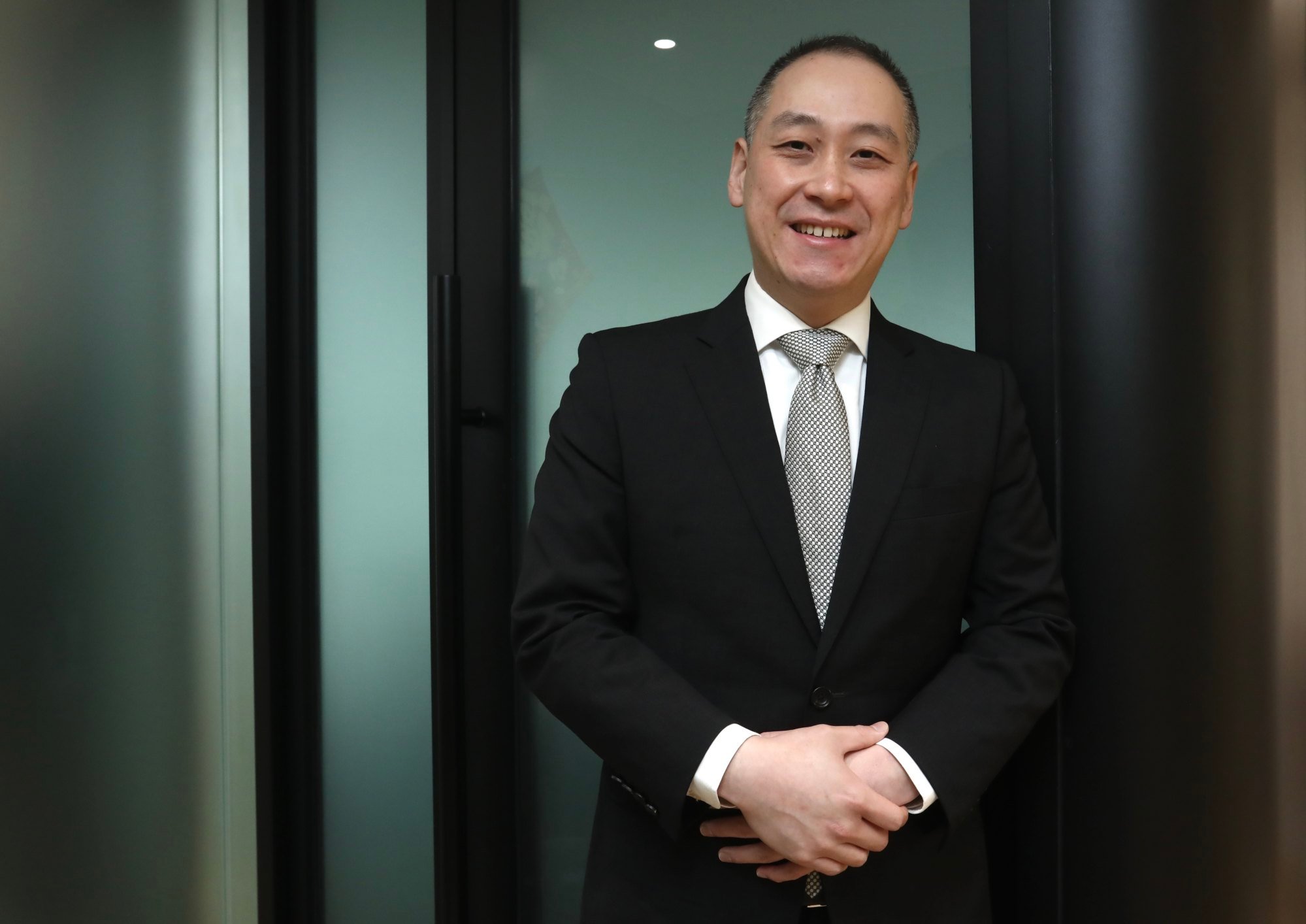
Hong Kong waives some rules for ultra wealthy investors in boost to city’s wealth management hub status
- The sophisticated professional investors must have at least HK$40 million (US$5.13 million) of assets under management or HK$80 million in net assets
- The new guideline will bring Hong Kong in line with international standards, as Switzerland, UK, US and Singapore have similar rules
Hong Kong’s regulators have smoothened the process for banks and brokers to sell products to ultra-high net worth investors aligning the city with international practices and strengthening Hong Kong’s wealth management industry with new guidelines announced last month, analysts said.
A joint circular issued by the Hong Kong Monetary Authority and the Securities and Futures Commission on July 28, said banks and brokers are no longer required to do suitability tests when they sell products to sophisticated professional investors and waived some product explanation requirements as well.
The sophisticated professional investors must have at least HK$40 million (US$5.13 million) of assets under management with the firm that they are trading with, or HK$80 million in net assets, the circular said. They also need to have a certain level of knowledge or experience in financial markets.
Financial Secretary Paul Chan Mo-po first mentioned the government’s plan to ease these conditions in his budget speech in February. “On wealth management, regulators will, on a risk-based principle and subject to appropriate protection for investors, streamline the suitability assessment and disclosure process for sophisticated or ultra-high net worth individual clients,” Chan said in his budget.

The new requirements were widely welcomed by banks and the wealth management industry.
“Hong Kong had one of the toughest restrictions before the change and was the only major jurisdiction that did not have some kind of route for individual investors who are willing to be treated differently from other retail investors,” said Peter Stein, CEO and managing director of the Private Wealth Management Association (PWMA).
EFG, Bank of Singapore set targets for ‘big leap’ in Hong Kong private banking
The PWMA is an industry body that represents 51 members, including 42 private banks, which proposed the idea to have a different set of rules for investors who are more sophisticated than ordinary retail investors, to the HKMA and the SFC three years ago, Stein said.
The new guideline will bring Hong Kong in line with international standards, Stein said, as Switzerland, UK, US and Singapore all have similar rules to allow the more sophisticated investors to be waived from the risk tests and some disclosure.
“This is consistent with the government’s overall efforts to try and strengthen Hong Kong’s credentials as a wealth management centre,” he said.
“We believe that it is something that will benefit clients, and it will benefit the industry and address some pain points that we have experienced in the past when dealing with these types of clients,” Stein said in an interview with the Post.
HKMA and the SFC have adopted tough regulations on the investment product sales process after many investors reportedly lost about US$2.5 billion on minibonds offered by Lehman Brothers, which became almost worthless when the US investment bank collapsed in September 2008.
More than 30,000 investors complained to the regulators, accusing banks of not warning them about the risk of such products.
Stein said the local regulators have since provided “excellent investor protection” for retail investors who do not have much money or investment experience, but then at the same time apply the same rules to the more sophisticated investors was “counterproductive”.
“These sophisticated professional investors know a lot about markets, and they trade quite frequently. They do not necessarily need their intermediaries to check whether they have considered investing in other similar types of products or checking their concentration risks,” he said.
“The new framework will benefit clients because they do not have to waste time on things that are not actually important to them, and that leads to better execution for their trades on a more timely basis.”

Hong Kong Investment Funds Association CEO Sally Wong said the local fund industry also welcomed the new move.
“It is a positive step forward in allowing flexibility in product and service offerings and in improving investor experience,” Wong said.
She said it would help if authorities clarified on how to define clients who are suitable for such an approach and other operational details.
“This relaxation is generally good news for our industry. Over the years, ever-increasing regulatory requirements have made it more difficult and time-consuming to open accounts and conduct transactions,” said Robert Lee Wai-wang, a lawmaker for the financial services sector and the CEO of local brokerage Grand Capital Holdings.
“Overall, it can help attract more investors if more clients have better experiences in Hong Kong.”

The new rule came amid a boom in the wealth management industry in Hong Kong.
The assets under management of Hong Kong-domiciled funds rebounded 15 per cent from the third quarter of 2022 to HK$1.34 trillion (US$171 billion) as of end-June 2023, thanks to the government’s relaxation of its Covid restrictions in late September followed by a full border reopening in January this year.
Net fund inflows of HK$69 billion (US$8.9 billion) were recorded during the nine months period until the end of June this year, four times the sum of the previous nine months period at HK$17 billion (US$2.2 billion), SFC data showed.

